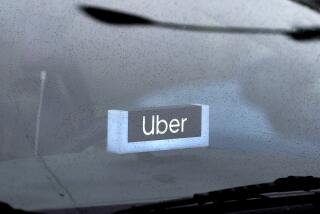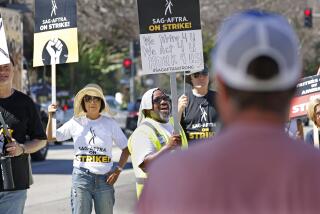Curbs on Lie Tests by Private Employers Issued
WASHINGTON — The Labor Department issued regulations Friday barring most private employers from using polygraph or other lie-detector tests to screen job applicants and restricting use of the devices to test present employees.
The regulations, which take effect Dec. 27, implement legislation passed by Congress and signed by President Reagan in June to outlaw about 85% of the current use of polygraph examinations and voice stress analyzers.
The congressional Office of Technology Assessment had estimated that 2 million polygraph examinations were conducted last year, 90% by private employers.
Under the new regulations, about 7.2 million employers nationwide will be required to put up posters next month summarizing the prohibitions and exemptions and outlining the rights of any worker asked to take a lie-detector test.
Employers who keep requiring that job applicants or current employees take the tests--except for the allowed exemptions--or who do not abide by other safeguards in the regulations can be fined up to $10,000 for each violation.
The regulations also give anyone required to take the test in violation of the new law the right to sue employers for relief, such as employment reinstatement, promotion and payment of lost wages.
Exempted from protection under the ban are employees of federal, state and local governments or federal contractors engaged in national security, intelligence or top-secret activities.
Also exempted are prospective employees of armored car, security alarm and security guard firms hired to protect operations affecting health and safety, national security or money.
For example, Labor Department officials said, a bank could use polygraphs to screen applicants for a guard’s job, but an apartment house could not.
The regulations also allow use of polygraphs by private companies to investigate specific incidents of theft, embezzlement or sabotage, but not a persistent problem, such as recurring inventory shortages.
Any workers asked to take a polygraph test under those conditions must be given at least 48 hours’ notice and a statement in advance telling them of their rights, including the right to refuse the test or terminate it at any time.
Results of a polygraph test or refusal to submit to one cannot be used alone as a basis for taking any action against an employee.
More to Read
Inside the business of entertainment
The Wide Shot brings you news, analysis and insights on everything from streaming wars to production — and what it all means for the future.
You may occasionally receive promotional content from the Los Angeles Times.










